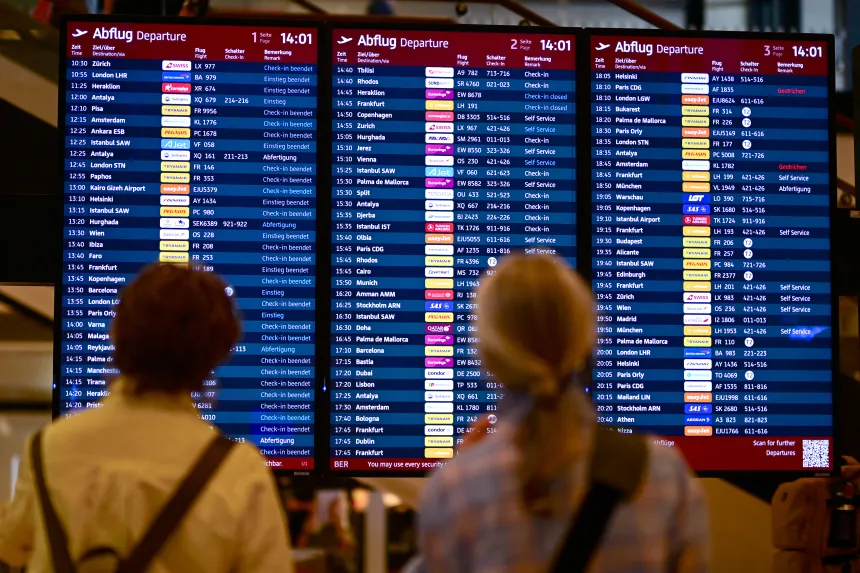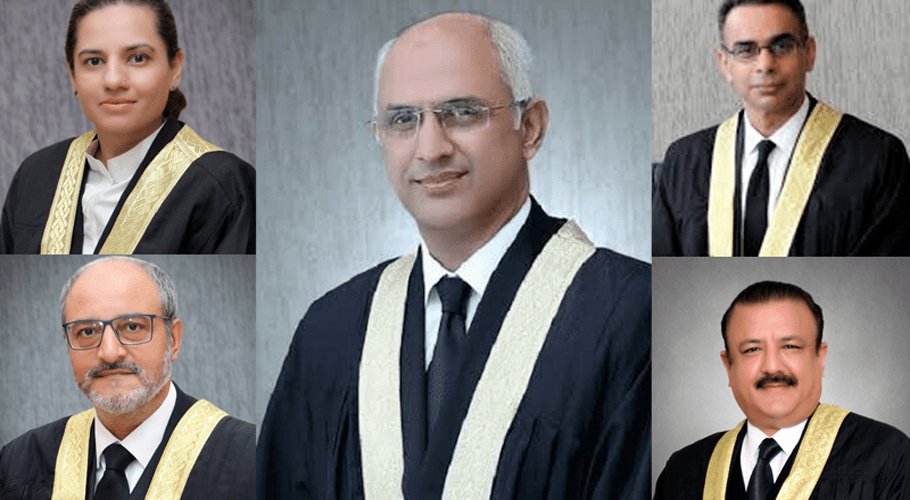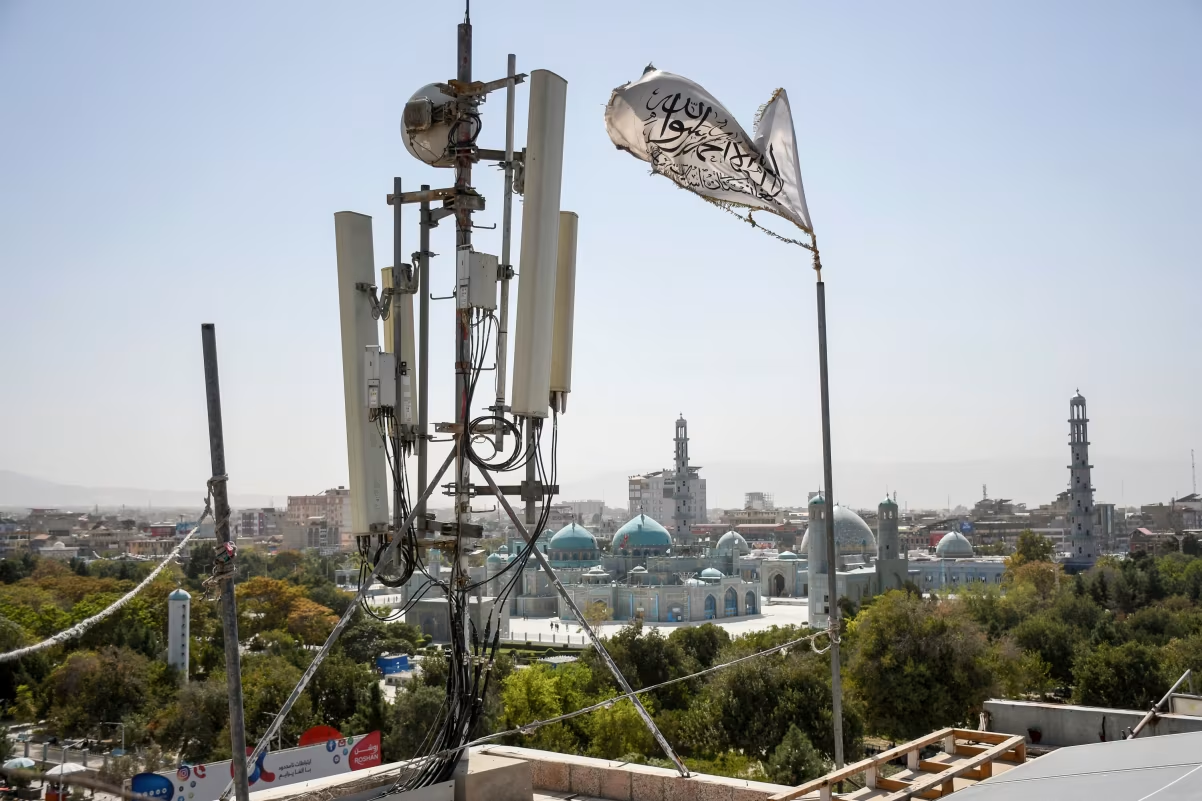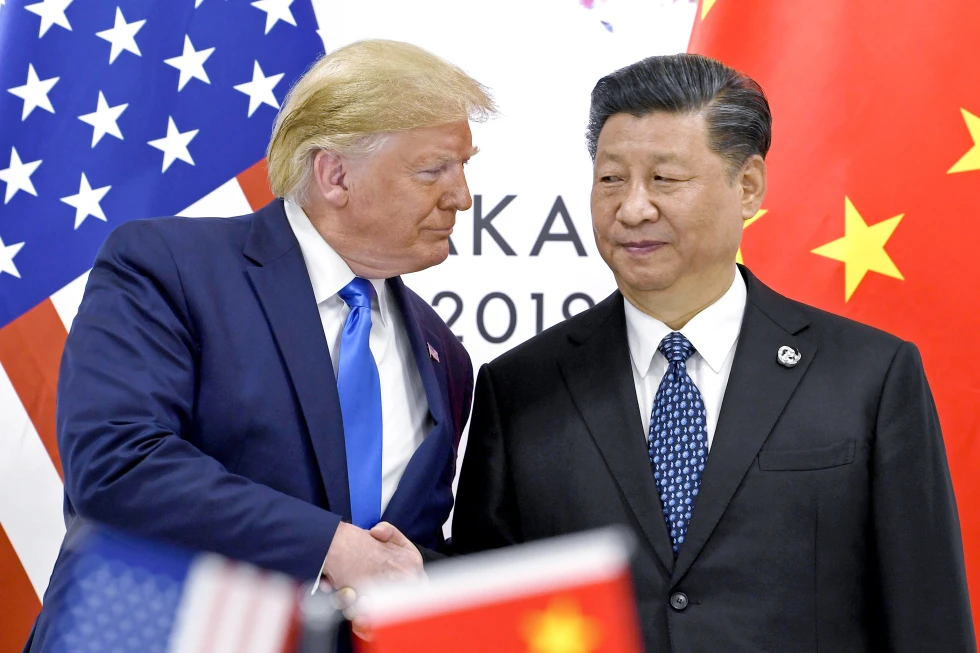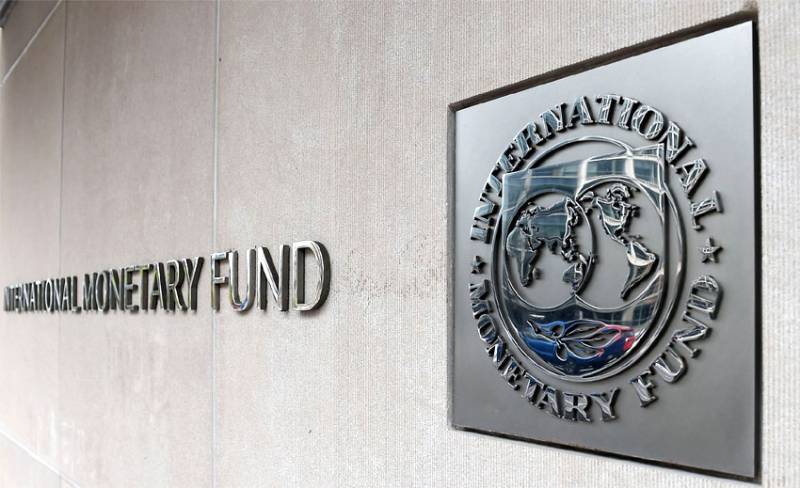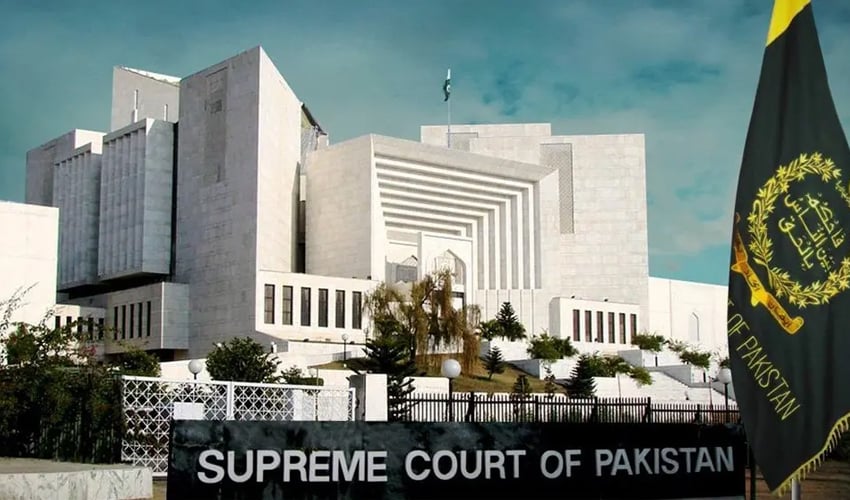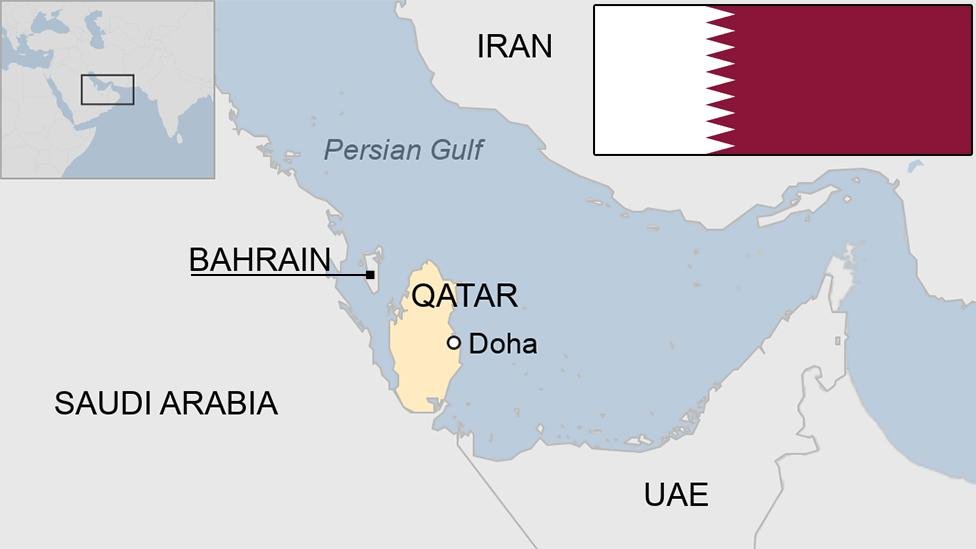In a significant gesture of religious diplomacy amid strained ties with India, Pakistan has extended an invitation to Sikh pilgrims from across the globe — including India — to participate in two major religious events being held in Lahore this June. These events mark the death anniversaries of revered Sikh figures, Guru Arjan Dev Ji and Maharaja Ranjit Singh.
Ghulam Mohayuddin, spokesperson for the Evacuee Trust Property Board (ETPB), confirmed the development on Monday, stating: “Sikh pilgrims from around the world, including India, are invited to attend the Jor Mela for Guru Arjan Dev Ji on June 16 and the commemoration of Maharaja Ranjit Singh on June 29.”
The ETPB, a statutory body responsible for managing properties and religious sites left behind by Hindus and Sikhs who migrated to India during the 1947 Partition, has issued a detailed schedule for the events. According to the announcement, the main ceremony for Guru Arjan Dev Ji, including the Bhog Akhand Path Sahib ritual, will be held at Gurdwara Dera Sahib, Lahore. Later in the month, a special ceremony to honor the legacy of Maharaja Ranjit Singh will take place at his samadhi on June 29.
These events hold immense spiritual importance for the global Sikh community, and Pakistan has historically facilitated such gatherings as a means of promoting religious harmony and cross-border engagement. Last year, over 800 Sikh pilgrims attended the Jor Mela, while around 450 participated in the Maharaja Ranjit Singh anniversary event.
However, this year’s invitation comes at a time of heightened military tension between India and Pakistan. Following the Pahalgam terror attack in Indian-administered Kashmir, India conducted airstrikes targeting terrorist infrastructure in Pakistan and Pakistan-administered Kashmir on May 7. In retaliation, Pakistan reportedly attempted to strike Indian military bases on May 8, 9, and 10. The exchange ended after high-level military talks between the two countries’ directors general of military operations on May 10, resulting in a mutual agreement to halt further hostilities.
Despite this volatile backdrop, Pakistan’s decision to uphold its tradition of hosting Sikh pilgrims is being seen as a measured attempt to keep religious and cultural ties open, even when political relations remain fragile. The ETPB’s efforts not only serve to preserve Sikh heritage in Pakistan but also reflect the state’s commitment to minority religious rights and international religious tourism.
The upcoming events are expected to draw hundreds of pilgrims, provided logistical and diplomatic arrangements, particularly with India, proceed smoothly.






